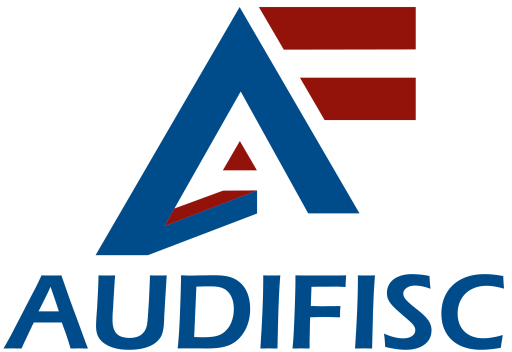Senegal, like most countries with mineral resources, aims to make with mining sector one of the pillars of the country’s sustainable development. In this context, the Emerging Senegal Plan (PES), adopted in February 2014 and which is a reference of all Senegal’s economic and social policies over the medium and long term, has selected the Mining sector among the six (6) priority growth sectors, Employment and Foreign Direct Investment (FDI).
Senegal intends to exploit its mining potential and ensure emergence of industries structured around these
resources. The Government’s option in this area is to promote a better sharing of wealth through involvement
of the national private sector in the exploitation, and establishment of contracts and a regulatory framework that
preserve the interests of the Government. To this end, Senegal has already applied for the Extractive Industries
Transparency Initiative (EITI).
As a result, the following projects in the mining sector were selected from among the 27 flagship PES projects:
- Development of the phosphate sector;
- Fertilizers to bring Senegal to the top 3 phosphate producers by 2023;
- Accelerated zircon mining ;
- Accelerate gold sector operations ;
- Relaunch of the integrated iron project;
- Supervision and promotion of artisanal mines;
- Establishing Senegal as a regional mining hub.


